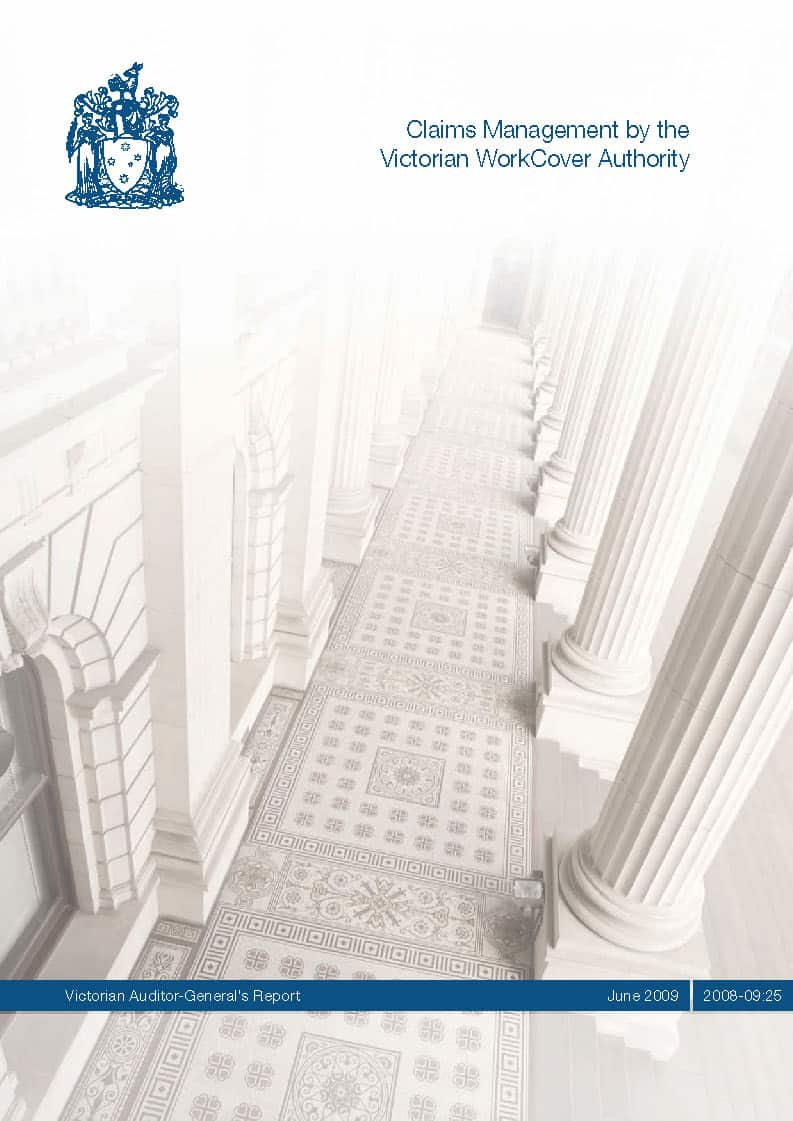A couple of years ago there was a campaign in Australia to increase the number of general practitioners in rural areas due to a doctor shortage. One doctor, Nicole Anderson, chose to relocate from tropical Queensland to temperate Tasmania. She did so for several reasons including improving her work/life balance.
During the campaign in November 2007 I had the chance to talk with Nicole about her experience and her life choices for a SafetyAtWork podcast
As part of the Rural Health Workforce Australia campaign, short videos were produced of which Nicole’s story was one. Click HERE to see the wonderful countryside Nicole has chosen to practice in.


